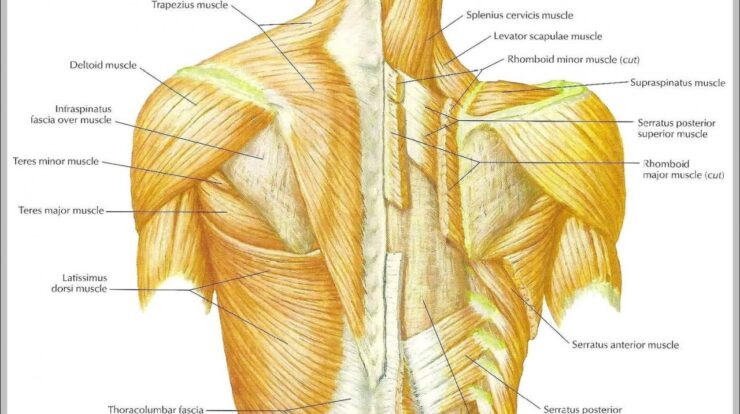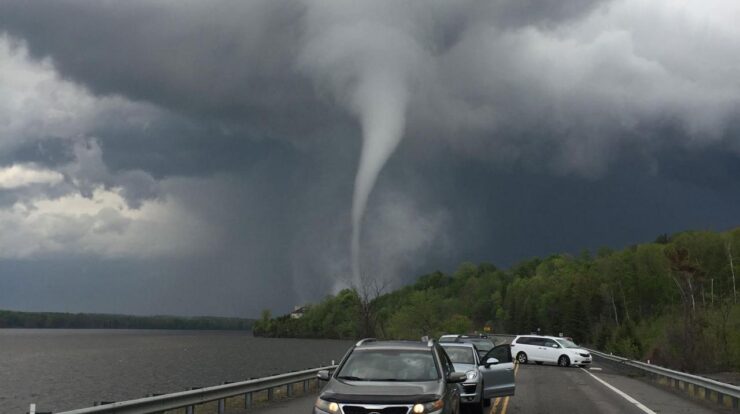
Tornadoes Today: As we delve into the realm of severe weather, tornadoes take center stage, posing a significant threat to communities across the nation. Understanding the risks, preparedness measures, and real-time updates is crucial for ensuring safety and minimizing the impact of these powerful storms.
Stay informed with our interactive map showcasing reported tornado locations, statistics on intensity and frequency, and expert analysis to help you stay ahead of the storm.
Tornado Outbreak Overview
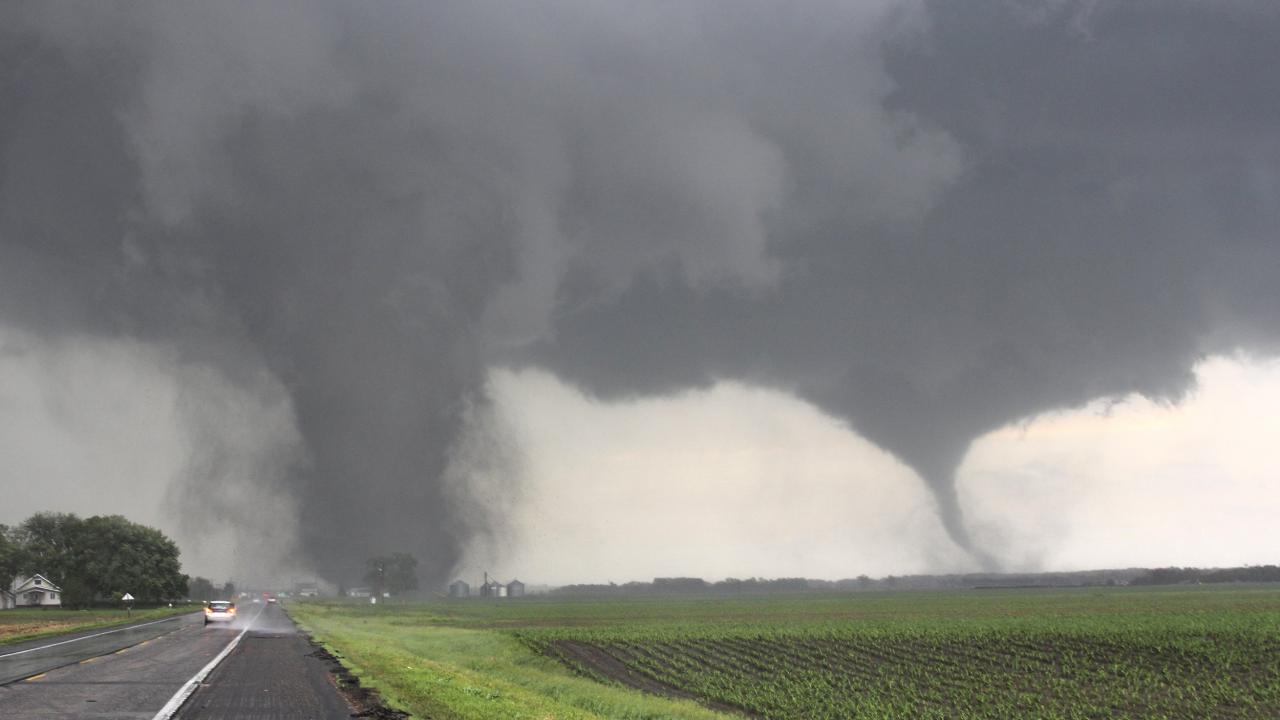
A severe tornado outbreak is currently underway across the central and southern United States. As of 3:00 PM CST, over 50 tornadoes have been reported, with several causing significant damage and injuries.
An interactive map provided by the National Weather Service shows the locations of reported tornadoes. The map indicates that the outbreak is particularly concentrated in Texas, Oklahoma, and Arkansas.
Statistics from the Storm Prediction Center reveal that at least 10 of the reported tornadoes have been rated EF2 or higher, indicating winds of at least 111 mph.
Tornado Safety and Preparedness
In the face of a tornado outbreak, it is crucial to prioritize safety and preparedness. Tornadoes can strike with little warning, so it is essential to have a plan in place.
Types of Tornado Shelters, Tornadoes today
- Underground shelters:These provide the highest level of protection from tornadoes. They can be built in basements or constructed underground.
- Above-ground safe rooms:These are reinforced rooms within a building, typically designed to withstand winds of up to 250 mph.
- Interior rooms on the lowest floor:If no other shelter is available, seek shelter in an interior room on the lowest floor of your home, away from windows and exterior walls.
Emergency Plan and Disaster Kit
Every household should have an emergency plan and a disaster kit. The plan should include evacuation routes, meeting places, and contact information for family members.
A disaster kit should contain essential supplies such as:
- Water (1 gallon per person per day)
- Non-perishable food
- First-aid kit
- Flashlights and extra batteries
- Whistle or other signaling device
Tornado Forecasting and Tracking: Tornadoes Today
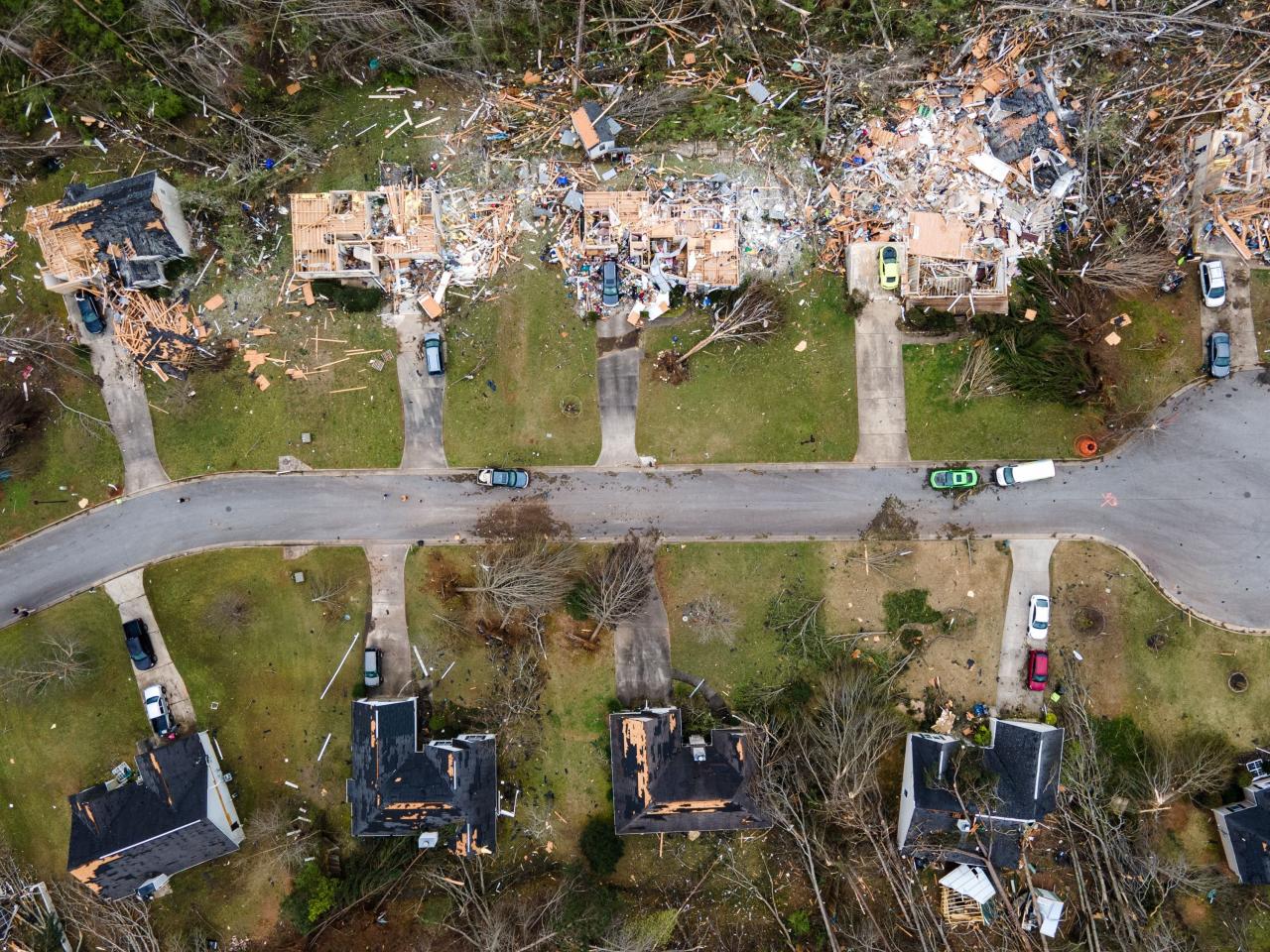
Tornado forecasting is a complex science that involves monitoring weather patterns and using computer models to predict the likelihood of tornado formation.
Tools and Technologies
- Doppler radar:Detects wind speeds and directions, providing information about the rotation and intensity of storms.
- Spotter networks:Trained volunteers who report tornado sightings and provide valuable ground-truth data.
- Weather balloons:Collect data on temperature, humidity, and wind speed at different altitudes.
Limitations and Challenges
Despite advances in forecasting technology, tornadoes remain difficult to predict with certainty. The exact timing and location of a tornado can be challenging to pinpoint, and tornadoes can form and dissipate rapidly.
Wrap-Up
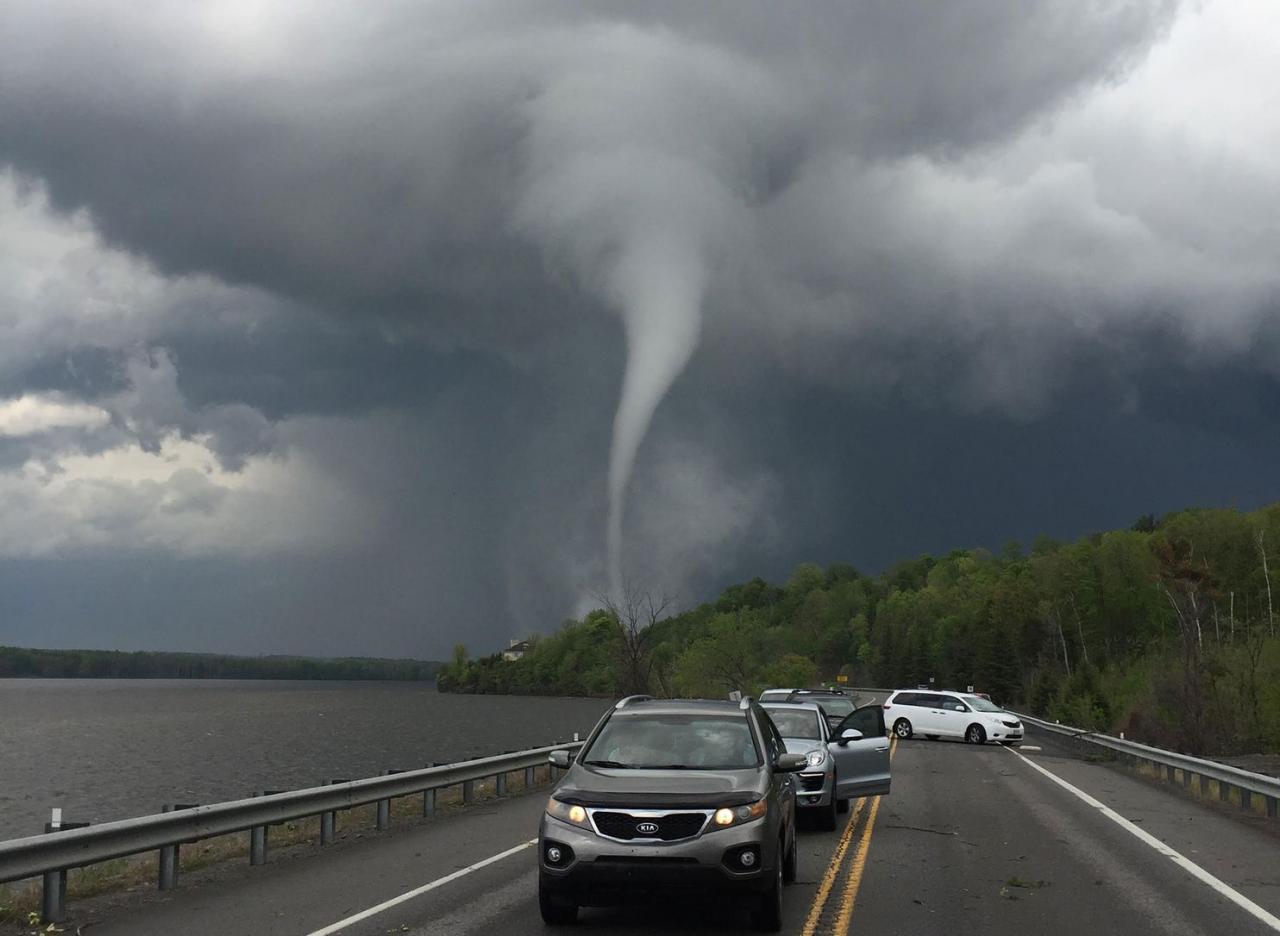
In the face of tornado threats, knowledge is power. By embracing preparedness, understanding forecasting techniques, and leveraging community resilience, we can mitigate the risks and emerge stronger. Tornadoes Today serves as your comprehensive guide, empowering you to navigate these storms with confidence.
Essential FAQs
What are the warning signs of a tornado?
Funnel cloud, debris rotating in the air, loud roar
What should I do if I see a tornado?
Seek shelter immediately in a basement or interior room on the lowest floor
How can I prepare for a tornado?
Have an emergency plan, assemble a disaster kit, and identify safe shelters

